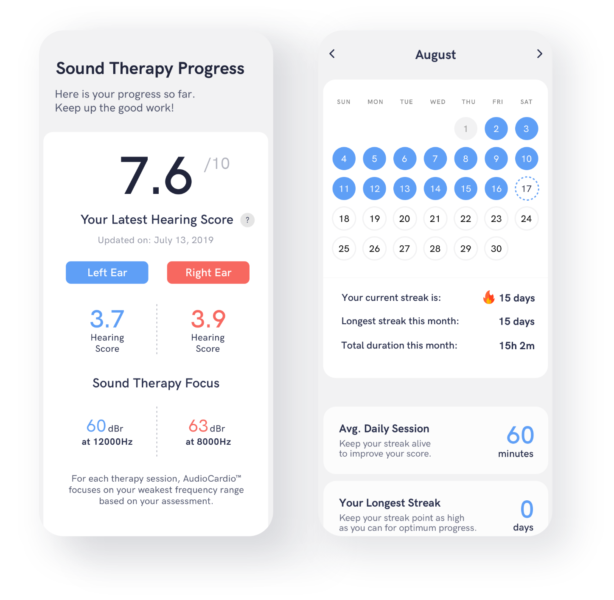A recent survey has revealed the ‘relentless’ pharmacy workplace pressures and the urgent need for better support systems; with 60% of those surveyed stating that they have considered leaving their current role or the pharmacy profession in the past year.
The Royal Pharmaceutical Society’s annual Workforce Wellbeing Survey, carried out in partnership with the profession’s charity, Pharmacist Support, sheds a light on the mental health challenges faced by pharmacists.
At a time when pharmacists are increasingly being asked to deliver transformational change in the face of significant workplace pressures, the survey underscores the urgent need for better support systems to combat burnout and promote wellbeing at work.
The results show a worrying 86% of pharmacists are at high risk of burnout, emphasising the importance of addressing the underlying factors contributing to poor mental health and wellbeing.
Top factors attributed to burnout include inadequate staffing (69%), lack of work-life balance (52%), insufficient protected learning time (50%), absence of colleague or senior support (46%), and long working hours (42%).
Overall, 61% of respondents reported not being offered sufficient protected learning time to focus on their professional development and learning needs, despite the drive across pharmacy to provide more clinical services.
The survey also exposes the distressing trend of workplace abuse, with 41% of pharmacists reporting verbal abuse primarily from the public, and 25% from colleagues or managers. Shockingly, 7% of respondents reported experiencing physical abuse in the workplace.
Professor Claire Anderson, Royal Pharmaceutical Society President, commented: “The survey results demonstrate the human cost of coping with the relentless workplace pressures that pharmacists and trainees experience daily. The solutions require collaborative efforts from Governments, employers and the NHS to create more supportive and fulfilling work environments.
“As more pharmacists take on prescribing roles, the need for protected learning time becomes paramount. Without it, ambitions to expand prescribing services will be frustrated. A significant increase in learning opportunities for prescribers, and in workplace supervision capacity for designated prescribing practitioners, is essential.
“No one should have to face abuse in the workplace. Such behaviour undermines the well-being of individuals and compromises the quality of care provided to patients.”
Chief Executive of Pharmacist Support, Danielle Hunt added: “This annual joint Workforce Wellbeing Survey is such an important piece of work which helps us to continue to highlight the ongoing issues impacting individuals within the pharmacy profession. This year’s results are yet another stark reminder of the urgent need for action to address the mental health challenges faced by pharmacists. It is imperative that we use this valuable information to inform concrete steps towards creating more supportive and sustainable work environments within the pharmacy profession.
“The survey is an invaluable source of data that can inform necessary action. Informed by the results of previous year’s survey findings the charity has developed and launched a new course for pharmacy managers and leaders entitled ‘Embracing a Workplace Wellbeing Culture’. We recognised the need to move the conversation beyond individual mental health and broaden the focus of our work to supporting positive workplace culture.
“Chairing the roundtable on wellbeing, hosted in partnership with the RPS and attended by representatives from the NHS, professional bodies, employers, trade unions, education and regulators, is part of our ongoing commitment to supporting meaningful dialogue and action to improve the working conditions and wellbeing of pharmacy professionals. Together with our partners, we are committed to championing initiatives that promote wellbeing and combat burnout, ensuring that pharmacists can thrive in their roles and continue to provide high-quality care to their patients.”












Read our latest issue
Latest News
His Majesty The King becomes new Patron of RPS
New report highlights collaboration to enhance workforce wellbeing
incognito launch sustainable bracelet that repels insects
Lutein and zeaxanthin contribute to children’s eye and brain health
Latest Tweets